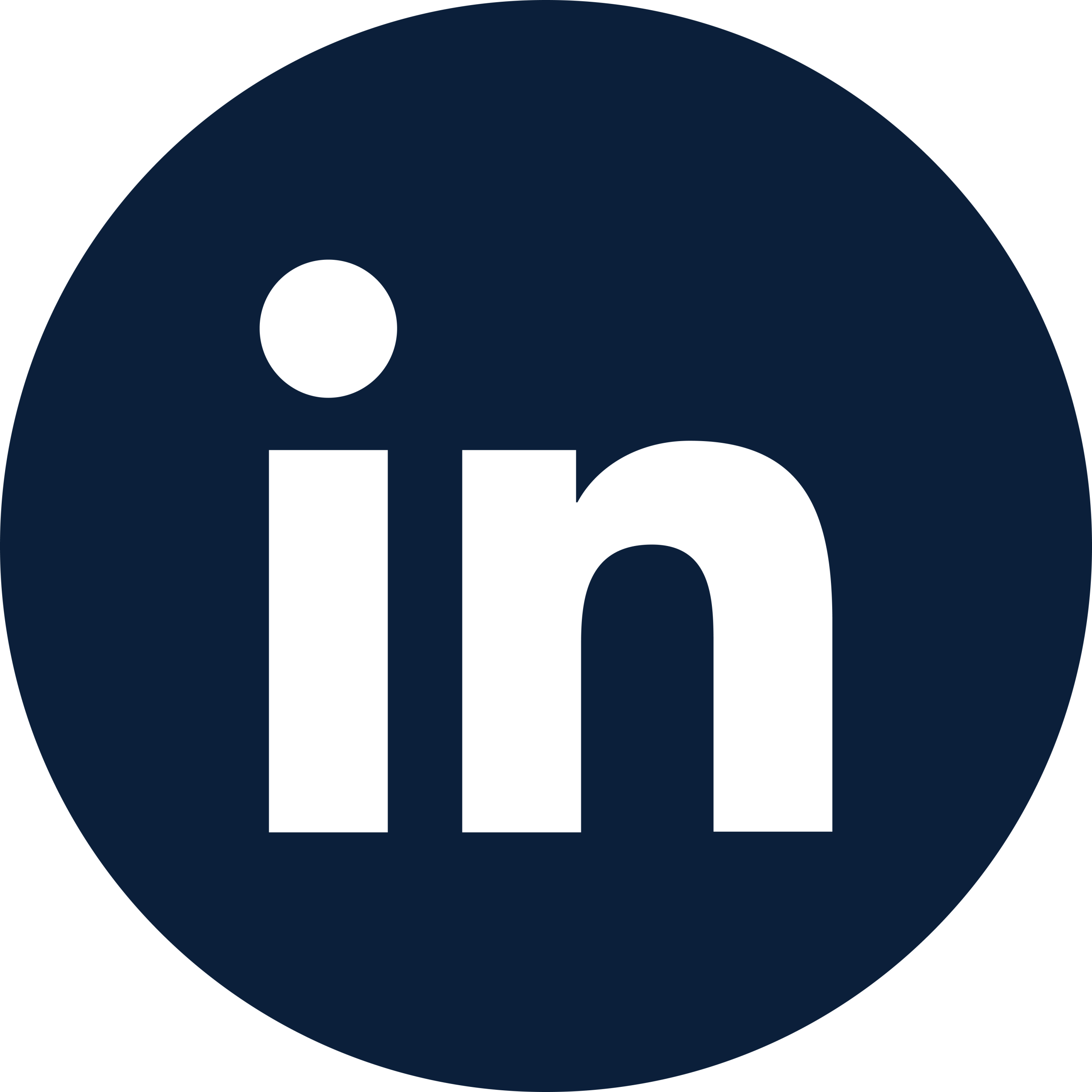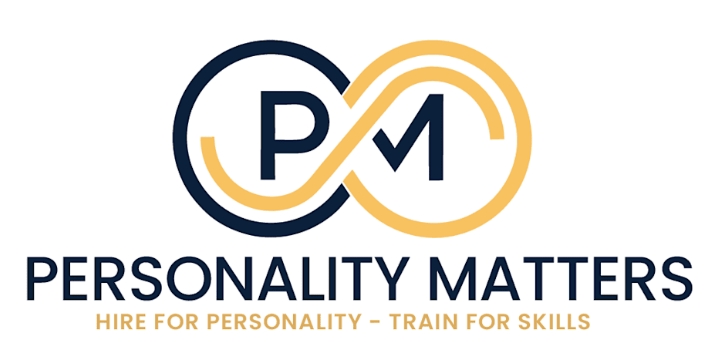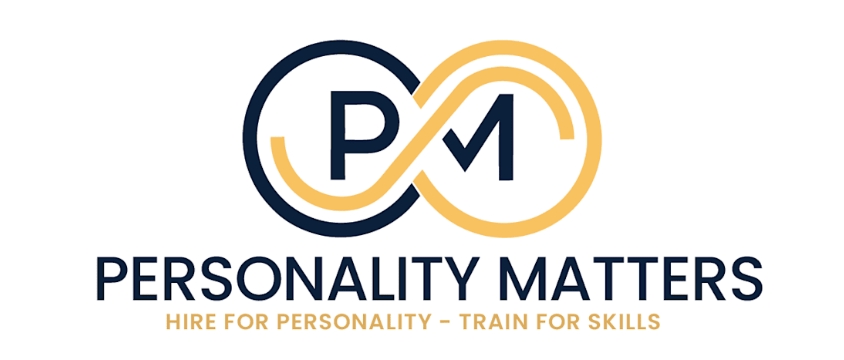In today’s fast-paced and ever-changing work environment, hiring the right candidate goes beyond just assessing their skills and experience. As organizations evolve and adapt to new challenges, there’s a growing recognition that hiring for “fit”—the alignment of an individual’s personality with the team and company culture—is just as important as technical competencies. This is where personality hiring comes into play.
But what exactly is personality hiring, and why has it become such a key factor in recruitment today? Let’s break it down.
What is Personality Hiring?
Personality hiring is a recruitment approach that focuses on assessing a candidate’s personality traits and how they align with the values, culture, and dynamics of the organization. While traditional hiring methods often center around skills, experience, and qualifications, personality hiring digs deeper into a candidate’s soft skills, behavioral traits, and interpersonal qualities.
Rather than simply hiring someone based on their résumé, personality hiring uses personality assessments, behavioral interviews, and cultural fit evaluations to gauge how a candidate might perform in real-world scenarios and how they’ll interact with team members. The goal is to identify individuals whose natural tendencies and preferences align with the role and the company’s values, thereby ensuring long-term success.
The Role of Personality Assessments
To facilitate personality hiring, companies often use various personality assessments and tests. These may include:
- Psychometric tests – These tests measure aspects of an individual’s personality, such as emotional intelligence, cognitive abilities, and decision-making styles.
- Behavioral interviews – In this format, candidates are asked to describe how they handled situations in the past, providing insight into how they might approach challenges in the future.
- 360-degree feedback – Some organizations gather input from current employees, peers, and supervisors to understand how the candidate’s personality may fit within the team.
- Personality questionnaires – These ask candidates to answer questions that reveal key personality traits, such as extroversion, openness, conscientiousness, and emotional stability.
These tools allow hiring managers to paint a clearer picture of how a candidate might respond to challenges, collaborate with colleagues, and fit into the company culture.
Why Is Personality Hiring Important?
- Enhances Cultural Fit A strong cultural fit is crucial for team cohesion and overall workplace happiness. Employees who align with an organization’s culture are more likely to be engaged, productive, and satisfied in their roles. Personality hiring helps identify candidates who not only have the necessary skills but also align with the company’s values, work environment, and team dynamics.
For example, a company that emphasizes innovation and creativity might look for employees who are naturally curious, risk-takers, and open to new ideas. Conversely, a company with a more structured environment might seek candidates who value routine, reliability, and attention to detail. By aligning personality traits with company culture, organizations increase the likelihood of a positive, long-lasting fit.
- Improves Employee Retention When employees feel like they belong in an organization and that their values align with their employer’s, they are more likely to stay long-term. Personality hiring helps reduce turnover by selecting candidates who are naturally aligned with the work environment. This not only minimizes the costs and time associated with turnover but also leads to more stable and cohesive teams.
If a person is hired solely for their technical skills, but their personality doesn’t mesh with the team or the company’s ethos, they might feel disengaged or dissatisfied. Over time, this could lead to burnout or resignation. By hiring for personality fit, you ensure that employees are more likely to be happy in their roles, increasing their chances of staying with the company for the long haul.
- Boosts Team Collaboration and Productivity Understanding how each person’s personality interacts with others is key to building a productive and collaborative team. Different personalities bring diverse perspectives, but for the team to be effective, those personalities need to complement each other. For example, a team composed of individuals who are too similar in their thinking styles might struggle with creativity or conflict resolution.
Personality hiring allows recruiters to assess how a candidate’s traits will blend with the existing team. It helps create balanced teams where individuals’ strengths and weaknesses are complementary, fostering better communication, trust, and collaboration. For example, hiring employees with strong teamwork skills, empathy, and conflict resolution capabilities can make the team more cohesive and efficient.
- Reduces Workplace Conflict Personality clashes can often lead to workplace tensions, impacting morale and productivity. When hiring for personality, recruiters can assess how well candidates will interact with others in the team and the broader company environment. For example, some personalities might thrive in competitive, high-pressure environments, while others might struggle.
By understanding these differences during the hiring process, companies can reduce the likelihood of conflicts and ensure that team members are better equipped to work together. Recognizing different personality types and how they complement one another can help teams navigate potential issues before they become disruptive.
- Fosters Personal Growth and Development When employees are hired based on their personality traits, they are more likely to find roles where they can thrive and feel motivated. When individuals feel confident in their abilities and valued for their contributions, they are more likely to invest in their personal and professional development. This leads to higher engagement levels and better overall performance.
For instance, employees who are high in emotional intelligence may naturally excel in leadership roles, while individuals who are introverted and detail-oriented may thrive in positions that require focus and analytical thinking. By recognizing these attributes, employers can align employees with roles that play to their strengths, fostering continuous growth and success.
- Improves the Candidate Experience Personality hiring also benefits candidates, offering them a chance to find a role and company that suits their style and preferences. It allows them to make a more informed decision about whether they’re a good fit for the company’s culture. When employees feel that they are genuinely aligned with the organization, their job satisfaction tends to increase, making them more likely to succeed and contribute meaningfully.
Furthermore, personality assessments can lead to more transparent and personalized hiring processes. Candidates will appreciate that the company is considering their strengths and potential, rather than just ticking off boxes on a resume.
Conclusion
Personality hiring is no longer just a “nice-to-have” feature in the recruitment process—it’s an essential strategy for organizations looking to build strong, cohesive, and productive teams. By focusing on personality traits that align with the company’s culture, employers can not only improve team collaboration and reduce turnover but also create a more satisfying work environment for employees. Embracing personality hiring allows companies to hire for long-term success, ensuring that the right people are in the right roles to drive growth and innovation.














